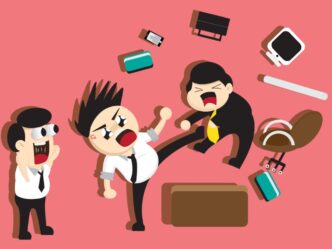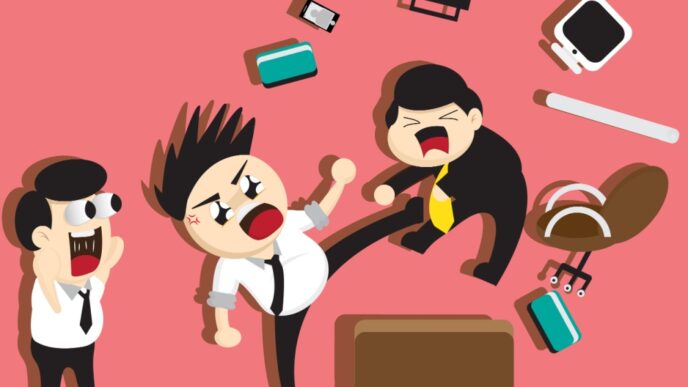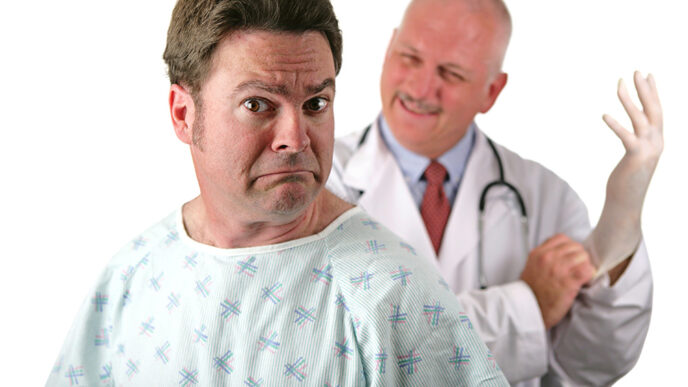Popular media gives us the impression that a “real man” should be able to please his partner not just sexually, but also all through the night like the Energizer bunny, with the partner screaming and swooning from the ecstasy of it all. The average man may flinch from the pressure or try to rise to the challenge, but for someone with the problem of premature ejaculation, the condition can be especially crippling to the self-esteem. Furthermore, a lack of sexual fulfilment would eventually threaten the long-term happiness in any relationship.
WORDS LIM TECK CHOON
 FEATURED EXPERT FEATURED EXPERTPROFESSOR DR CHRISTOPHER HO CHEE KONG Consultant Urologist School of Medicine Taylor’s University |
Given how closely a man’s sexual performance is linked to his sense of confidence and self-esteem, it is little wonder that many men would prefer not to think about premature ejaculation.
IT IS ACTUALLY QUITE COMMON
While number of men with this problem can vary from one study to another, Professor Dr Ho states that, generally, about 30% of men around the world have problems that can be defined as premature ejaculation (PE).
HOW SOON IS TOO SOON?
- A US study found that the average man’s “lasting power” from the start of penetration to ejaculation is 5.4 minutes.
- If your “arrival schedule” is around this value, then you are perfectly normal.
TYPES OF PREMATURE EJACULATION
“There are two types of PE: lifelong and acquired,” explains Professor Dr Ho.
Lifelong Premature Ejaculation
- This describes the condition that initially manifested during the man’s first sexual intercourse.
- The man has never experienced a “normal” intercourse as a result.
- For men with lifelong PE, the average “staying power” is 1 minute or less.
Acquired Premature Ejaculation
- Acquired PE occurs when a man who has never suffered the condition before starts to show symptoms.
- It is often due to psychological factors (stress, anxiety or impatience, especially when the man has a new partner) or organic reasons such as an underlying medical condition.
- For men with acquired PE, the average “staying power” is 3 minutes or less.
THE THREE SIGNS THAT YOU SHOULD TALK TO A DOCTOR
- You experience PE consistently over a period of time.
- You have problems controlling or delaying ejaculation nearly all the time.
- You condition is causing emotional distress, and you start to avoid intimacy out of frustration or shame.
WHAT COULD BE CAUSING THE PROBLEM?
There are several possible causes for PE. Note that it is possible that the causes for PE can be different from one man to another.
Psychology
- Professor Dr Ho says that strong emotions such as anxiety about his performance can cause a man to end things a little too soon in the bedroom.
- Other forms of stress such as external ones (from work and such) or unresolved interpersonal issues between the man and his partner could also be factors.
Past Sexual Experience
- It is possible that early sexual behaviour could contribute to PE.
- For example, if a man is used to hurrying his climax in the past, he may experience problems slowing down the pace later on.
Underlying Health Issues
Some of the possible biological reasons for PE include:
- Thyroid problems. There is a study which suggests that PE can be linked to an overactive thyroid (hyperthyroidism).
- Abnormal levels of certain neurotransmitters (brain chemicals that transmit signals from nerve cells to brain). Unusually high levels of histamine, for example, can cause PE.
- Abnormal hormone levels. Like many other processes in our body, sexual arousal, stimulation and ejaculation are all carefully controlled and coordinated by interactions among various hormones. A little too much or too little here and there can cause the entire process to go haywire.
DON’T SUFFER IN SILENCE — GET PROPER HELP
If you suffer from PE, the great news is that the condition is definitely manageable.
Forget the many ‘special foods’ or ‘special exercises’ out there, all promising to improve one’s sexual prowess.
The first step to managing PE is actually very simple.
“Talk to your doctor!” says Professor Dr Ho.
“There is nothing to be ashamed of. The doctor will not judge or reveal your problems to other people. Therefore, there is no need to suffer in silence!” he adds.
Furthermore, sometimes PE may be a symptom of an undetected medical condition such as thyroid condition, prostate disease, high blood pressure and diabetes, and it may go away once the underlying medical condition is treated.
| Erectile dysfunction and premature ejaculation are very different conditions, but there is a surprisingly large number of men that cannot differentiate these two. Because the treatment methods for each are very different, this is another reason to see a doctor: to get a proper diagnosis before getting the correct treatment. |
HOW PREMATURE EJACULATION CAN BE MANAGED
Control Techniques
There are some techniques that your doctor can advise you to practice in the privacy of your home to help with PE.
Professor Dr Ho offers some examples:
Stop-and-start method
- The man first masturbates on his own, stopping as he comes close to ejaculation.
- He will then relax until he has calmed down, before repeating this process several times until he cannot hold back any longer.
- Once he has become used to this, he can bring in his partner and they can initiate sexual activities without involving penetration.
- Essentially, this method helps the man learn how to control his arousal and delay his ejaculation over time.
Squeeze method
- A variation of the stop-and-start method, in which the man masturbates until he is close to achieving an orgasm.
- At that point, he squeezes the base of his penis to reduce his erection and delay ejaculation.
- Once the man has the hang of this, his partner can get involved and lend a helping hand.
Kegel exercises
- While there is not much evidence to conclusively prove that Kegel and other forms of pelvic floor exercises can help with PE, Professor Dr Ho believes that there is no harm in adding these exercises into the daily routine of a man with PE.
- By strengthening the muscles in the pelvic region, the man may have better control over the delay of his ejaculation.
Other options
- Deep breathing techniques to help with focus during sex
- Use of condoms to reduce stimulation on the penis
Your doctor would evaluate your case and suggest suitable solutions.
| Professor Dr Ho points out that the above techniques are not “instant cures” — they only show results over time. Some men may get frustrated with what they perceive to be slow progress and wish for a more “instant” solution, while others may get “distracted” while involving their partners in these techniques. For these men, medications may help tide the frustration. |
Medications
Professor Dr Ho explains that medications do not cure PE.
Instead, they offer the man an opportunity to participate in sexual intercourse for a certain period of time after taking these medications.
Oral medications
- Medications normally given to people with depression can also help with PE.
- These medications can inhibit orgasm and delay ejaculation, usually considered unwanted side effects that, for men with PE, turn out to be favourable outcomes.
- All oral medications require prescriptions from a qualified healthcare professional.
- The man may be advised to put into practice the control techniques described earlier while also taking PE medication.
| There is no evidence to suggest that usage of these medications can improve a healthy man’s stamina in the bedroom. |
Topical or external applications
- There are gels, creams, and sprays which work to reduce the sensations experienced in the penis that can bring about ejaculation.
- They typically contain analgesic or numbing ingredients and should be applied on the penis before sex.
- Because they work less specifically than oral medications, they may not be effective on some men with PE.
- There are also reports of some men’s partners experiencing discomfort or reduced sensation during sex.
| This article is part of our series on tips and advice on men’s health, sex life, and fertility. |













